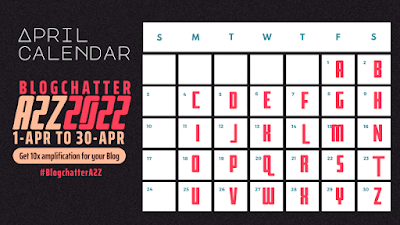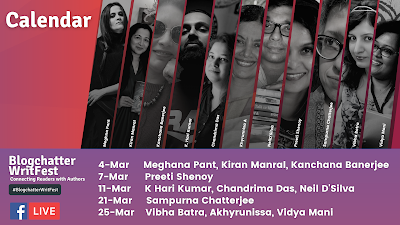"Happiness is a state of mind. It's just according to the way you look at things."
- Walt Disney
Every year, March 20th is celebrated as the International day of happiness across the world. The main aim of this day is to raise awareness on the importance of happiness in our lives.
This year, the theme was ‘Keep calm, stay wise, and be kind.’
And that led me to think about how we can implement this in our lives in the best possible way.
‘Happiness’ is an extremely fluid concept. It can mean different things to different people. But the truth remains that chasing it has little meaning. The mad pursuit of happiness is often futile, for it is both illusory and ephemeral.
We know butterflies, like happiness, are never within reach when pursued. They will settle wherever they want, whenever they want. Agreed?
Now ask yourself this; What type of flower will the butterfly be more attracted towards? Will it be drawn towards one of bright vibrant hue and sweet fragrance or will it tend to settle on a drooping flower that is dull in color and scent?
For those of whom the penny hasn’t dropped yet, the ‘flowers’ in the above scenario are metaphors for human personalities just as the butterfly is a metaphor for happiness.
And so here are ten easy ways to brighten our moods and invite contentment into our lives.
Almost all of these have to do with mental health and that should be enough to show you that happiness, if anything, is purely a state of mind.
1) Start a new hobby – studies have proven that channeling your mind towards a favorite activity brightens up not just your mood but also your personality. So unless your hobby is to rob a bank or indulge in useless gossip, you keep going.
2) Reconcile a broken relationship. One truth I have learned in life is that ‘sorry’ and ‘thank you’ are the most underrated words in the human dictionary. We hardly understand their true value. That is is why we use them so sparingly. So next time you mess up, apologise. Tell the people you love how grateful you are to have them. See how it mends the cracks, both in your relationships and in your heart.
3) Spend time with your loved ones – This is one sure shot method to keep the crazies away. Surround yourself with positive vibes. Spend quality time with those you love. Communicate!
4) Maintain a gratitude journal – When you feel life getting too dreary, close your eyes and count your blessings. Then jott them down for you to read on another ‘not so good’ day.
5) Adequate sleep, rest, nutrition, and exercise -to maintain good health. – A fit body and a happy mind always go together. So try and keep yourself as healthy as possible. Avoid junk food, take your vitamins, exercise. Small steps towards a larger goal.
6) Spend time with a child – Do this sometime. Spend time with a baby or toddler; either your own or a friend’s (of course with their parents consent---you wouldn’t want the police looking for you). They show you how innocence still exists in the world.
7) Read – Who doesn’t know the positive effect of reading? Read as a hobby or as a distraction. Read fiction. Read non fiction. Read poetry. Read plays. Read magazines. Read labels on milk cartons if you please. But read! It only helps better you as a person.
8) Meditate – Choose a quiet cozy spot near a window in your home. Close your eyes and block out all the negative energy. You can try yoga or chanting techniques, these help to allay anxiety.
9) Smile more often – even at times when you feel the need to fake it. A grumpy disposition will only repel energy radiators and attract the energy drainers around you.
10) Practice all the steps above throughout the day. Start by saying ‘I can do it. I’m going to be happy from now on.’ (the power of positive affirmations)
The key to a happy life is to confront every emotion that you feel. Acknowledge it, accept it, and in time, let it go.
Of course, it is not always easy. But remember, if today, you fail, don’t be too hard on yourself. There is always tomorrow.
———————————————-
This post is part of Blogchatter’s CauseAChatter.










